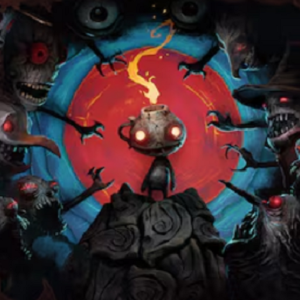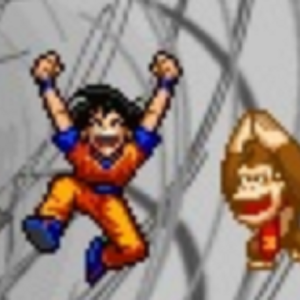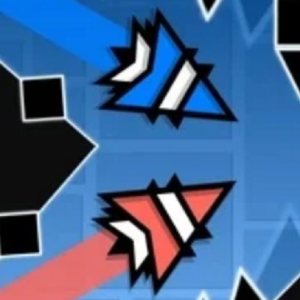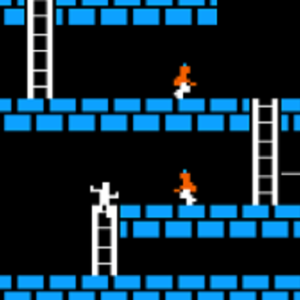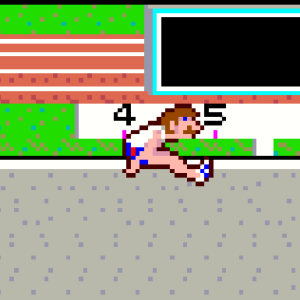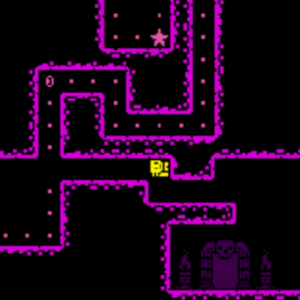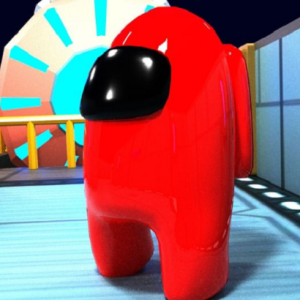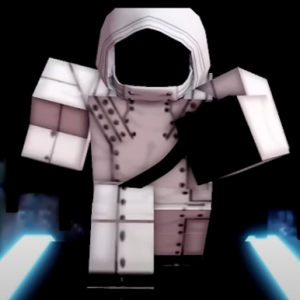Similiar games
The Midnight Walk places the player in a twilight world shaped by handcrafted textures and delicate tension. You follow an unspoken path through forgotten places, accompanied by Potboy—a living lantern whose flickering flame becomes both beacon and shield. As you walk into deeper layers of shadow, nothing is explained outright. You’re left to interpret your surroundings, the behavior of things lurking nearby, and the meaning behind your companion’s quiet reactions. The story unfolds without narration, led instead by movement, light, and space.
The Walk as Puzzle and Tactic
Gameplay in The Midnight Walk is built around cautious progress. Monsters aren’t fought—they are sidestepped, distracted, or avoided through precise timing and the clever use of Potboy’s light. The player often has to split attention between protecting Potboy and moving undetected. Shadows become part of the level design, as do the sounds and surfaces underfoot. The night is thick with threat, but it’s also a tool. Those who learn its rhythm gain an advantage, finding safe routes where panic would lead to mistakes.
Sculpted Detail and Unnatural Life
Every object in The Midnight Walk—branches, stones, creatures, even the pathways—was first created by hand, shaped from clay before being digitally brought to life. The result is a world that feels imperfect and alive, animated frame by frame with visible texture and subtle motion. Stop-motion gives characters a weighted presence. When a monster turns its head or Potboy shifts uneasily, it carries the weight of something real. The environment feels like a theater set, built with intention but open to interpretation.
Companionship Without Dialogue
Though Potboy never speaks, the relationship between player and companion grows through interaction. Its flame brightens in certain areas, dims in fear, and reacts to nearby danger in ways that help guide your decisions. Moments of safety allow small acts—waiting together, pausing at strange carvings, observing the surroundings. These quiet stretches create a rhythm of tension and release, deepening the emotional pull of the journey. Discovery happens not through exposition, but through intuition and observation.


